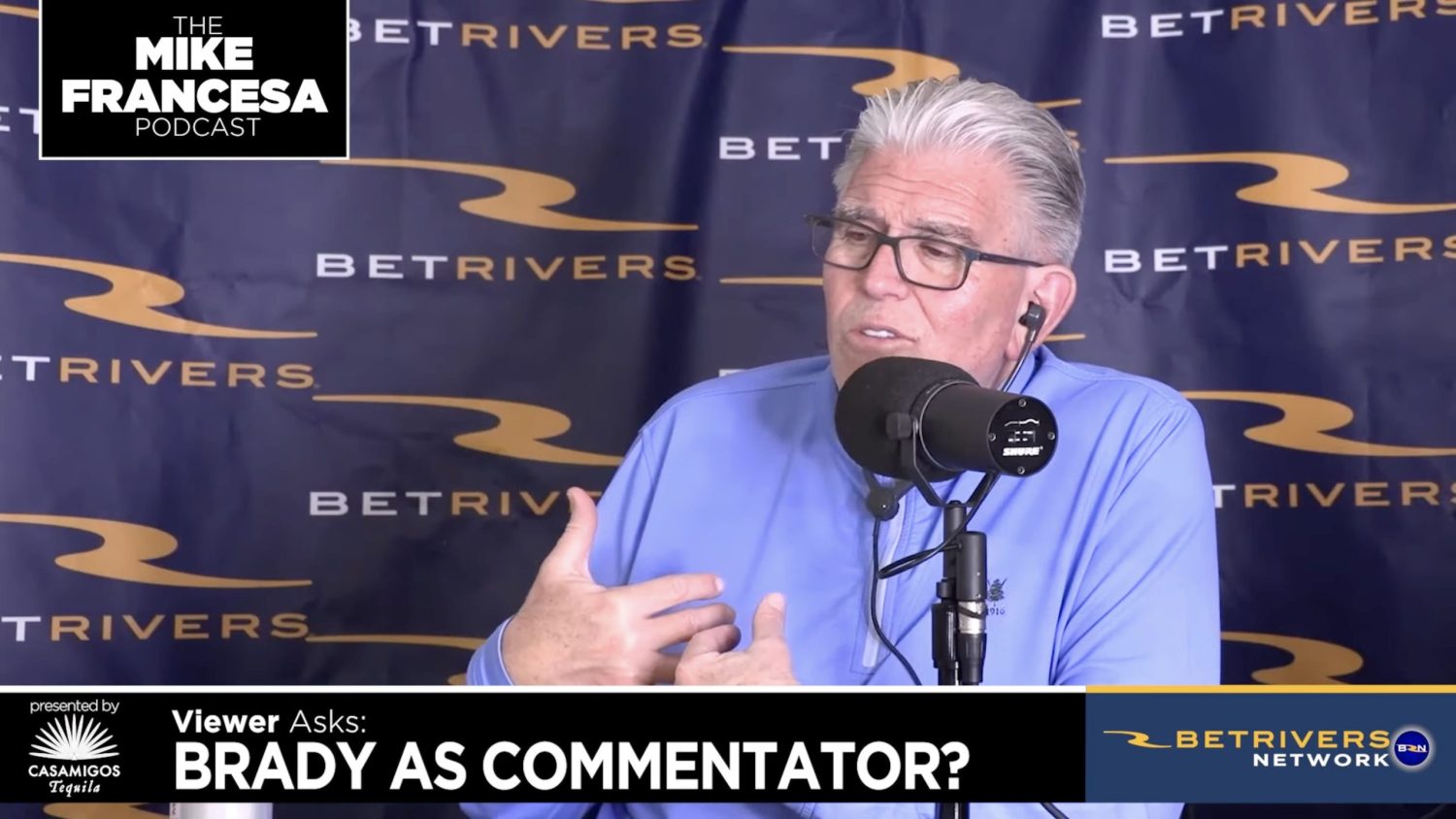ESPN chairman Jimmy Pitaro admitted last week that Disney’s new carriage deal with Charter was “critical” as the company prepares for its eventual direct-to-consumer platform launch while also needing to rely on linear TV in the meantime and the future.
Pitaro spoke at the inaugural IMG Summit in London just days after Charter and Disney squashed their carriage dispute with a deal that would keep the train moving for now, though questions remain about the long-term viability of the system. The ESPN boss said that the deal was a win for all parties involved, including cable customers.
“I’d be lying if didn’t tell you this Charter deal wasn’t critical,” Pitaro said. “It was so impactful not just for ESPN and Disney but the whole industry. I take a lot of pride in the creativity of that deal and the fact that just a few days ago, we did not know if we were going to get this deal done or part ways with Charter, but we creatively came up with a deal that is definitely a win for the customer and honestly a win for both sides.”
The deal allows ESPN to breathe a little easier as it attempts to figure out its potentially lucrative DTC offering that will combine its channel offerings with ESPN+. While many have suspected that a launch will happen around 2025 or 2026, Pitaro wouldn’t commit to anything more specific, especially since they don’t feel the kind of urgency that might have otherwise felt without having ESPN+ already in place.
“We truly do not have a [launch] date,” said Pitaro. “We know we have to get this right in terms of timing and price point. We have a really great strategy team that’s on this. It’s their number one priority, getting it right.
“Part of that [equation] is also that ESPN+ is going so well for us … We have a ton of exclusive content that’s performing very, very well for the platform. So we don’t necessarily feel the urgency. Again, we’ll see how the next year plays out in terms of traditional [Multi Video Programming Distributor] subs and if things continue to accelerate in terms of cord-cutting and the decline, then yes, we will probably pull that date to early an earlier point than we’re right now currently considering.”
As he and others have done in the past, Pitaro was sure to reiterate that ESPN’s linear offerings aren’t going anywhere. Certainly not as long as their getting such massive rights fees from cable companies.
“It’s been a very important part of our business for many decades and will continue to be a very important part of our business,” said Pitaro. “We’re seeing cord cutting in the 6-7 percent range, which is actually what we’d forecasted, maybe a tiny bit worse. As we move forward, that will continue to be a big part of our business. We’ve been very clear on one thing, which is this idea of parallel paths. We’re invested in direct-to-consumer, and ESPN+ is well ahead of where we thought it’d be at this point. We’re at over 25 million subscribers, which is great.
“At the same time, when we acquire rights, we acquire rights for multiple platforms, and most of these deals are still led by the linear component. If you were to talk to any commissioner, whether a professional league or a conference, they will tell you that they prioritize linear because of the exposure and the reach. You look at the Walt Disney Company and one of the things we bring is multi-platforms, broadcast in ABC, cable in all of our ESPN networks, D2C in ESPN+, and we own the majority of Hulu. Leagues love that reach that they get, but it’s led by linear. I don’t see that changing, at least over the next several years.”
In the meantime, the DTC waiting game continues.
[Sports Pro Media, The Athletic]







